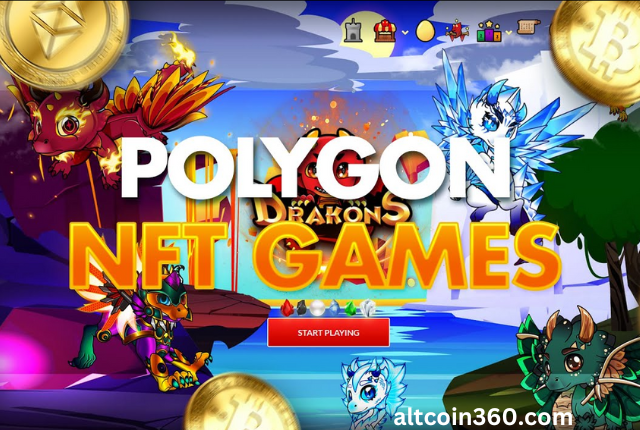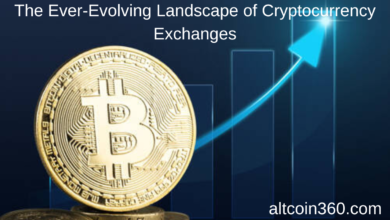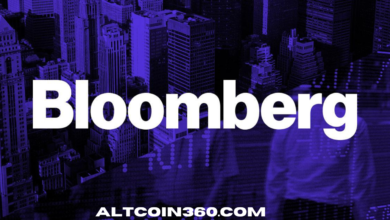Polygon Emerges as a Leading Gaming Blockchain as User Activity Soars in March

Introduction
In recent years, the blockchain and cryptocurrency space has witnessed remarkable growth, with various platforms striving to address scalability, security, and usability issues. One blockchain project that has been gaining significant attention and adoption in the gaming industry is Polygon. Formerly known as Matic Network, Polygon has evolved into a versatile Layer 2 scaling solution for Ethereum, and its user activity in the gaming sector has surged dramatically in March, making it a promising contender in the blockchain gaming space. In this article, we will delve into the reasons behind Polygon’s growing popularity in the gaming world and its potential to revolutionize the industry.
I. Polygon’s Genesis and Evolution
To understand Polygon’s ascent in the gaming blockchain sector, it’s essential to revisit its inception and evolution. Polygon was established in 2017 by Jaynti Kanani, Sandeep Nailwal, Anurag Arjun, and Mihailo Bjelic as a solution to Ethereum’s scalability issues. Initially known as Matic Network, it aimed to create a Layer 2 scaling solution for Ethereum, enabling faster and cheaper transactions while maintaining the security and decentralization of the Ethereum blockchain.
Over the years, Polygon has undergone significant developments and expansions. It has transitioned into a multi-chain ecosystem that incorporates various Layer 2 solutions and sidechains. This expansion allowed Polygon to offer a broader range of solutions, including blockchain gaming.
II. Scalability and Cost-Efficiency
One of the primary reasons for Polygon’s growing popularity in the gaming blockchain sector is its scalability and cost-efficiency. Ethereum, the most widely used blockchain for decentralized applications, often faces congestion issues and high gas fees. This makes it less suitable for gaming applications that require fast and inexpensive transactions.
Polygon addresses these issues by offering a Layer 2 scaling solution that operates alongside the Ethereum blockchain. By doing so, Polygon significantly increases the throughput and lowers transaction costs, making it an attractive choice for developers of blockchain games. Gamers can now enjoy a seamless experience with reduced latency and lower fees.
III. Interoperability and NFT Integration
Interoperability is another key factor driving Polygon’s success in the gaming blockchain sector. The Polygon network is compatible with Ethereum, allowing users to transfer assets and tokens seamlessly between the two networks. This interoperability is especially important for the gaming industry, as it enables the easy integration of non-fungible tokens (NFTs).
NFTs have revolutionized the gaming world, providing players with true ownership of in-game assets. These assets, often represented as NFTs, can be bought, sold, and traded on various marketplaces. Polygon’s compatibility with Ethereum allows gaming developers to create NFT-based games and assets, providing players with an enriched gaming experience.
IV. Low Entry Barrier for Developers
Polygon’s developer-friendly environment is another contributing factor to its rise in the gaming blockchain sector. The platform supports Ethereum-compatible smart contracts, making it easy for developers already familiar with Ethereum to transition to Polygon. This low entry barrier encourages more developers to create blockchain games on the Polygon network.
Additionally, Polygon offers a comprehensive suite of developer tools, documentation, and tutorials to assist game developers in getting started. This support ecosystem has led to an influx of gaming projects on the Polygon network.
V. Vibrant Gaming Ecosystem
As user activity surged in March, Polygon’s gaming ecosystem flourished. Several blockchain gaming projects and decentralized applications (dApps) have emerged on the Polygon network, attracting a growing community of gamers and investors. Some of the prominent blockchain games on Polygon include Aavegotchi, Decentral Games, and SkyWeaver.
Aavegotchi, a DeFi-enabled NFT game, allows players to own and customize unique ghost-like creatures. Decentral Games is a virtual casino that combines blockchain technology with traditional casino games. SkyWeaver is a trading card game that utilizes blockchain technology for ownership and trading of in-game cards. These projects have garnered attention for their innovative gameplay and use of NFTs, and they have contributed to Polygon’s status as a gaming blockchain powerhouse.
VI. Community Engagement and Partnerships
Polygon’s growth in the gaming blockchain sector is further fueled by active community engagement and strategic partnerships. The Polygon team has been proactive in reaching out to game developers and fostering collaborations. This approach has resulted in several high-profile partnerships with gaming companies and blockchain projects.
One notable partnership is with Ubisoft Quartz, which utilizes Polygon’s scalability to enhance the gaming experience for players of Ubisoft’s Quartz platform. Polygon’s ability to offer low transaction costs and fast confirmations aligns well with the needs of gamers and game developers.
VII. Future Potential and Challenges
While Polygon’s surge in user activity in March is indicative of its growing influence in the gaming blockchain sector, it still faces some challenges and competition. Ethereum 2.0, the long-awaited upgrade to the Ethereum network, aims to address scalability issues and could potentially affect Polygon’s position as a Layer 2 solution. Additionally, other blockchain platforms like Binance Smart Chain and Flow are also vying for dominance in the gaming industry.
To maintain its momentum, Polygon needs to continue enhancing its technology, scalability, and security. The network must also foster partnerships with major gaming studios to attract high-quality games and create a vibrant gaming ecosystem.
Conclusion
Polygon’s emergence as a leading gaming blockchain in March is a testament to its scalability, cost-efficiency, interoperability, and developer-friendly environment. The platform’s active gaming ecosystem, community engagement, and strategic partnerships have all contributed to its rapid growth. While challenges and competition remain, Polygon’s potential to revolutionize the gaming industry is undeniable. As blockchain gaming continues to gain traction, Polygon is well-positioned to play a pivotal role in shaping the future of gaming on the blockchain.




